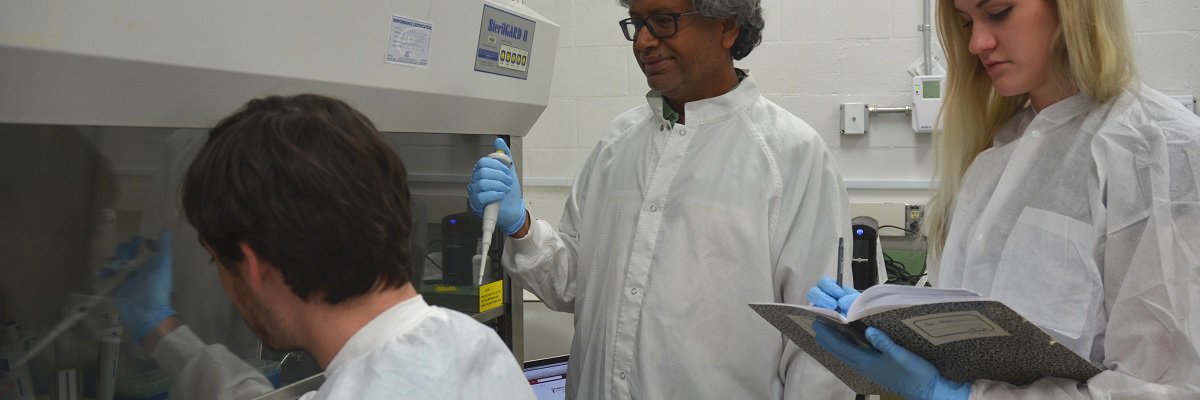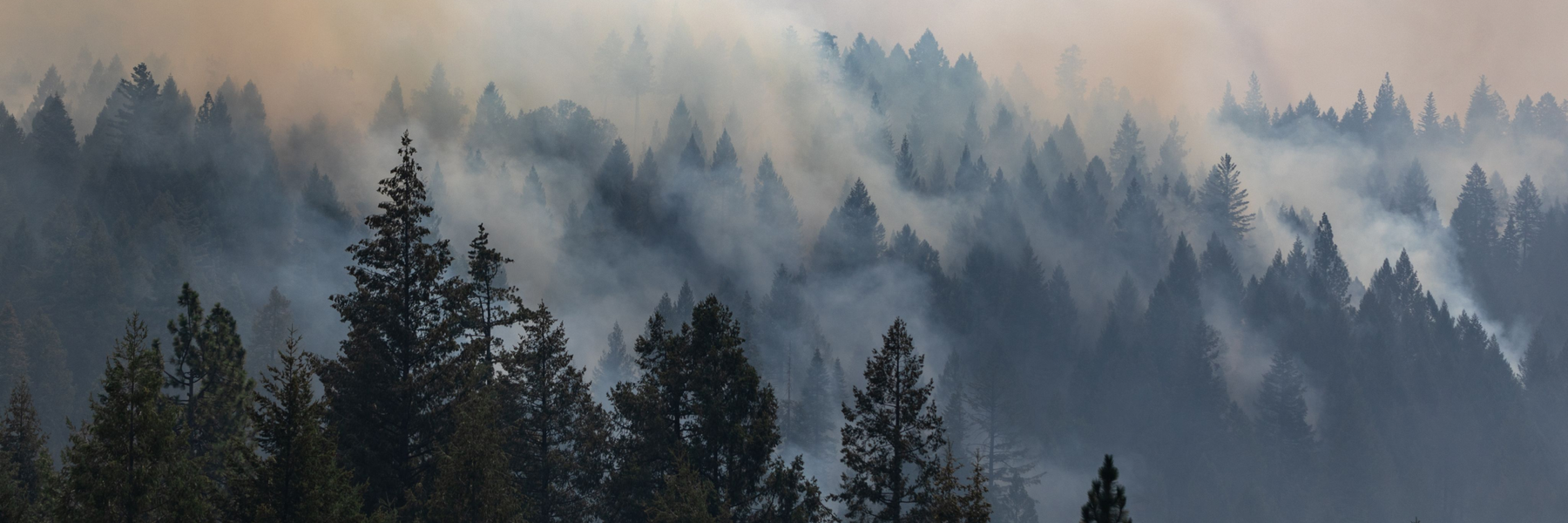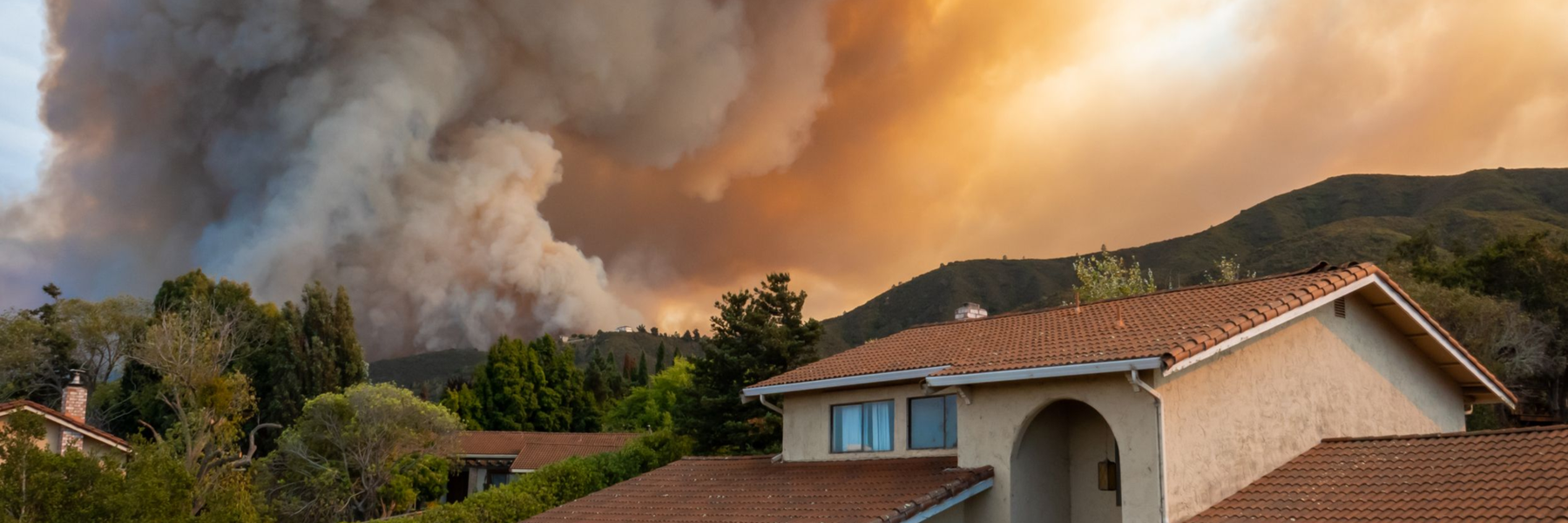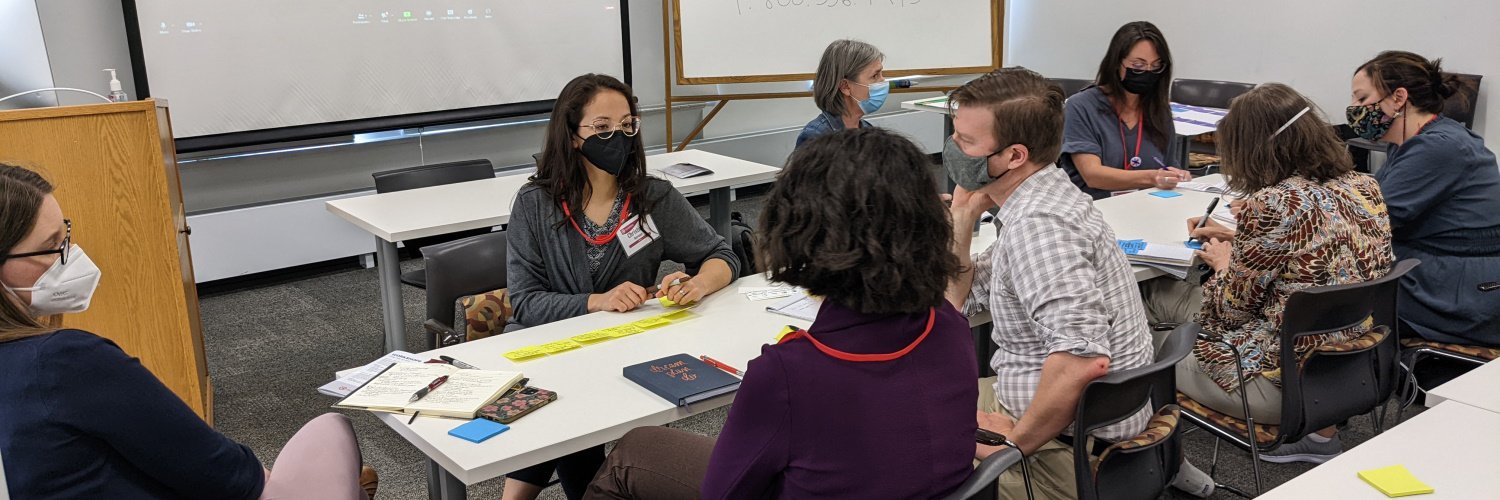Following sweeping changes to access to police records, California legislators remain focused on reforming the state’s public records law. This time around, however, environmental groups, scientists, and transparency activists are up in arms against a new bill that’s looking to limit the scope of what researchers at higher-education institutions can and cannot release.
Assemblymember Laura Friedman (D-Glendale) has introduced AB 700, which aims to exempt information relating to a researcher or their research at a California university or community college. The exempted information also encompasses unpublished research methods, trade secrets, and correspondence.

In the bill, state legislators have said there is a “significant public interest” in protecting researchers ability to freely discuss their research without the fear of CPRA laws prompting the disclosure of prominent pieces of their work. According to Friedman’s website, AB 700 addresses those concerns and requesters who use CPRA to disrupt research.
“In California, ideologically diverse special interests, businesses, and individuals are increasingly using the California Public Record Act to disrupt research at public universities,” according to Friedman’s website “The law is being used as a tool to threaten researchers, disrupt researchers’ work, dissuade them from collaborating with colleagues, and discourage research on “hot” topics with societal relevance. AB 700 would address this narrow issue and modernize the Public Record Act to encourage inquiry and knowledge production at public universities.”
Despite Friedman’s commitment to protect researchers, advocates in favor of transparency strongly oppose the bill calling it an “attempt to weaken the CPRA” with overly broad exemptions. This week, a coalition of environmental and consumer groups wrote a letter to Friedman stating their opposition on the matter. In addition, these groups along with others have been protesting the bill outside of Friedman’s district office in Burbank.
## Do you have a records struggle in your state? Let us know!
“We believe that requests under the CPRA for university documents – including professors’ correspondence - are a crucial tool to unearth research misconduct and fraud, sexual harassment, financial improprieties and misallocation of funds, government waste, corporate influence in research process, the commercialization of the university, the influence of wealthy donors, and administrative cover-ups of all of the above,” said the coalition in their letter.
The coalition, comprised of Center for Food Safety, Consumer Watchdog, Friends of the Earth, Greenpeace, Real Food Media, Organic Consumers Association, and the U.S. Right to Know, expressed three main concerns with the current draft of AB 700. As amended the bill includes broad exemptions for research communications, which the coalition claims would eliminate public access to much of the work product of California’s public universities.
“We deserve the right to know what our public universities and their researchers are doing with our tax dollars, and that right properly extends to inspecting the work of our taxpayer-paid employees, including those who work at public universities,” noted the coalition in their letter.
Secondly, the bill would allow researchers to disclose records “on a case-by-case basis.” Advocate groups say this provision provides another broad exemption to prevent the release of researchers work and other records they deem confidential, regardless of what they may include.
“Any academic could argue that their work, at any time in the research process, is exempt from disclosure,” wrote the Electronic Frontier Foundation in their own letter opposing the bill.
Lastly, the coalition does not agree with the bills “limited sharing of information” by researchers. This exemption allows university staff, faculty, and researcher communications to remain private if the institution so chooses too.

“This is just another broad exemption to public access via CPRA to the communications of university administrators, faculty, and staff,” the coalition added in their letter.
Opposition to the bill has also included other groups such as the American Civil Liberties Union of California, the California News Publishers Association , the Reporters Committee for Freedom of the Press, and the Society of Professional Journalists in Northern California have expressed their concerns with the proposed legislation and its broad categories of exempted information.
Among the list of concerns, animal rights groups worry that placing heavy restrictions on what is made public can reduce oversight into animal-research projects. Yet, Assembly Bill 889 is looking to include more detailed reporting on animals used in research. Similarly, scientists are also raising concerns for accountability laws under the proposed legislation and the implications it places for researchers in the era of the #MeToo movement.
The bill is set to be heard by the Assembly Appropriations Committee on Wednesday May 8th, 2019. You can view the full amended bill below.
Image via Jet Propulsion Laboratory




